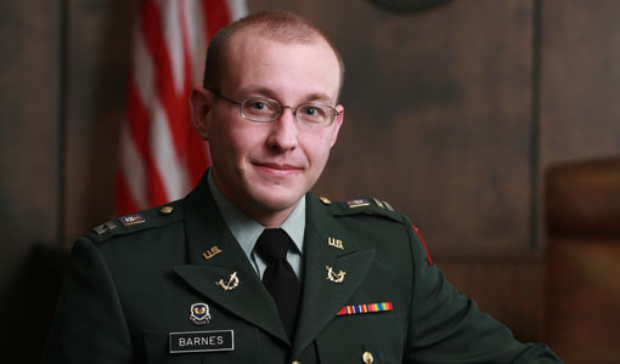I’m not a number guy, I’m a word guy. I understand and can give you synonyms for words like “detritus.” Kids often tease me about using big words. So, I become interested when numbers get so big that the media and others start expressing them in words rather than in numerals. It seems to start at one million and by the time we get to one billion no one writes “1,000,000,000,” they simply say 1 billion.
For example, estimates indicate that Bernie Madoff ran a $50 billion Ponzi scheme. I tried to figure out what that really means. Recent real estate estimates say that the median home price in the Twin Cities is $215,000. Divide that out and $50 billion buys 233,000 homes – still too big to understand. I live in the town of Watertown, Minn., where there are approximately 1,200 homes. Madoff’s losses equate to roughly all the homes in 200 cities the size of Watertown. Some other quick math shows that $50 billion would equate to a four-year private college education for 476,000 people, a little less than two years of health care for all Minnesotans, or the ability to pay off all the investors of Tom Petters, who now seems like an amateur for his own $3 billion Ponzi scheme.
I can break down $50 billion into how many times it gets me to the moon and back, but I might as well be asking the owl how many licks it takes to get to the center of a Tootsie Pop. I get an answer, but it is neither meaningful nor satisfying.
I remember when $15 billion seemed like a lot of money, but compared with the $700 billion bailout of the financial industry it doesn’t seem so bad. I became numb to the numbers. I started to think of it all as monopoly money. The meaning came home to me in a conversation with my father in Bozeman, Mont.
On Dec. 19 the ultra-exclusive Yellowstone Club opened its ski hill for the season. According to Business Week, club members include Bill Gates, Dan Quayle and other very wealthy people. Not long ago the former owner of the Yellowstone Club, Tim Blixseth, made headlines as he planned the most expensive spec house in the world.As the Yellowstone Club opened, it also was bankrupt. It filed Chapter 11 in November with debts of approximately $400 million.
My dad told me the story of a contractor swept up in that bankruptcy. The contractor described papers he received that listed all the creditors. The contractor was way down the list. He had done significant work on a brand new main lodge and hadn’t been paid, and now, despite the fact that the club has opened, he doesn’t really believe he will be paid. It could wipe him out, and the contractor predicts a few local businesses will go with him as they are left holding an empty bag where $400 million should be.
Working on the financial crisis article challenged me to change my perspective. Millions or billions don’t matter; that isn’t anything I can get my head around. What matters are neighbors who have lost jobs, children who don’t have what they need for school and charities that are closing their doors because of a heady mix of hubris and greed on the part of people they trusted.
The more I talked with Tom Abood, Lyman Johnson, Neil Hamilton, my father and others, I realized the real lessons from this current financial crisis might not be in terms of figuring out how markets work, the effect of globalization, or how to regulate complicated financial markets. The lesson is to confront the greedy monster that is us.
Author: Chato Hazelbaker is director of communications at the School of Law.
Read more from St. Thomas Lawyer.




